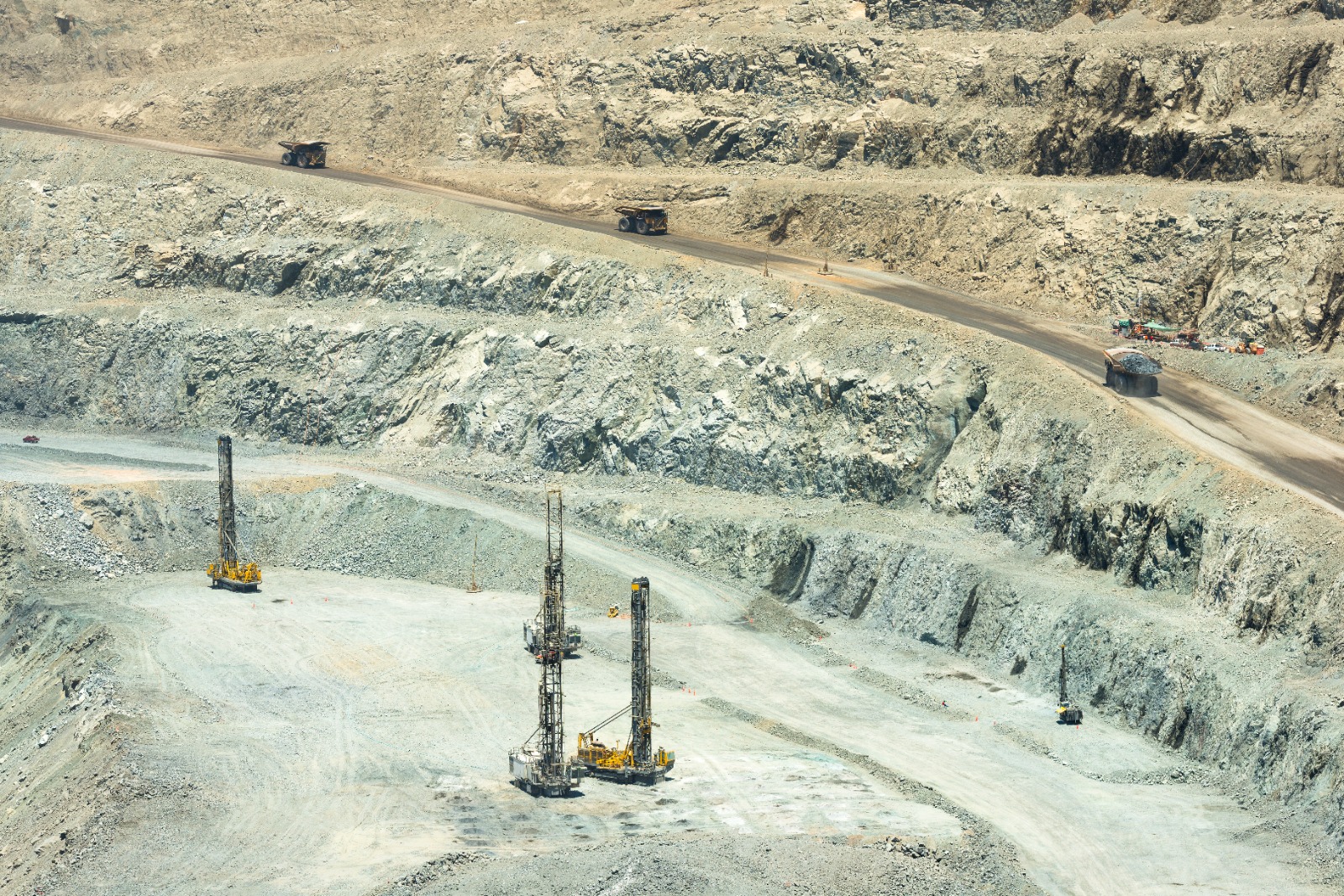



Our natural resources and national parks are under relentless pressure, and if we don't step up with stronger regulations, we risk losing irreplaceable ecosystems and wild landscapes that are vital for both the planet and future generations. National parks are not just scenic attractions; they are living, breathing ecosystems that provide homes for countless species, store vast amounts of carbon, and offer spaces for people to connect with nature. However, weak regulations leave these resources vulnerable to exploitation, pollution, and irreversible damage.

Consider the strain from industrial activities. Oil drilling, mining, and logging are encroaching on protected lands, compromising biodiversity and the stability of the land. Weak regulatory frameworks give industries leeway to skirt environmental responsibility, leading to contamination of waterways, deforestation, and degradation of habitats. In the Arctic National Wildlife Refuge, for instance, oil exploration threatens the delicate balance of this pristine ecosystem, impacting everything from polar bears to migratory bird species that rely on these habitats. We're sacrificing biodiversity and irreplaceable landscapes for short-term profits that could be better addressed through investment in cleaner, renewable energy sources.
Beyond industry, the impact of tourism and human encroachment on national parks has skyrocketed. Many parks face overwhelming visitor numbers, which leads to trail erosion, pollution, and littering. Stronger regulations are necessary to manage the influx sustainably, whether through stricter limits on visitor numbers or improved infrastructure to minimize ecological footprints. Without proactive protections, popular parks like Yellowstone and Yosemite face the risk of being "loved to death."
Water resources in our parks are also at stake. Pollutants and runoff from nearby developments flow into these once-pure lakes and rivers, altering ecosystems and harming species that rely on clean water. Lake Tahoe, for instance, is losing its famed clarity due to nearby urbanization and vehicle emissions, yet regulatory measures haven't kept pace with the rate of degradation. Stronger protections would mean tougher penalties for pollution violations and stricter zoning laws around these critical areas to prevent further damage.
And finally, climate change is amplifying all these threats. National parks play a role in carbon sequestration and help combat climate change.
But fires, droughts, and extreme weather events are eroding this capacity. Our parks can only remain resilient with stringent protections, both to limit human impacts and to allow ecosystems the best chance to adapt.
If we don't strengthen regulations, the degradation of these natural resources and national parks will accelerate, leaving us with a diminished world. Strong policies are our best defense for preserving these priceless resources that we are all responsible for protecting.
Copyright 2026 Michael S. Males - All Rights Reserved.
Site Design and Hosted by Sunken Treasure Design